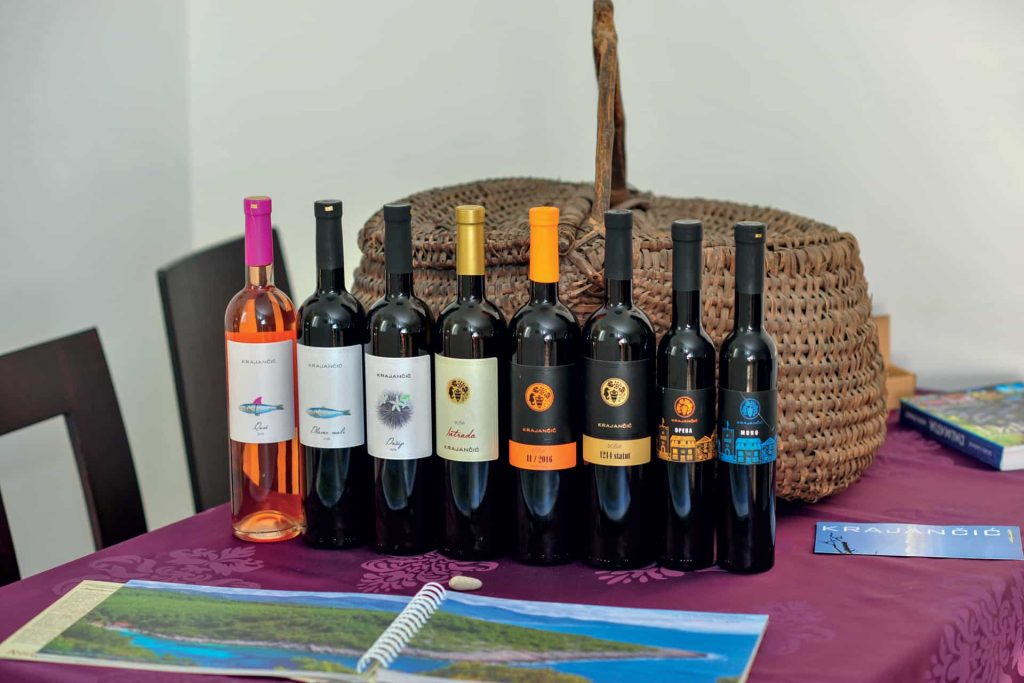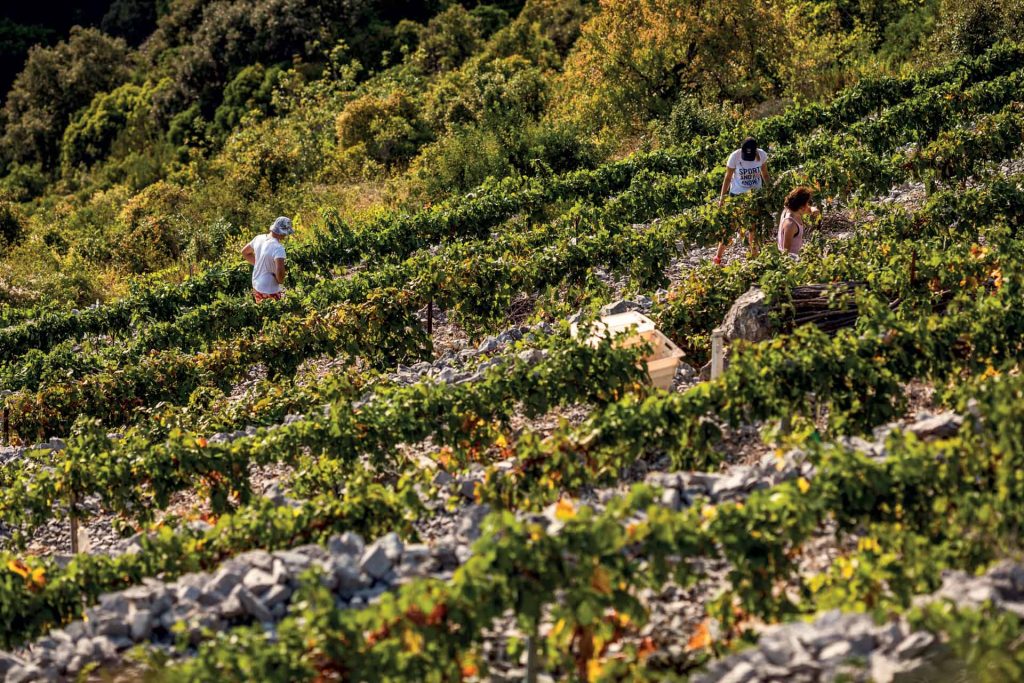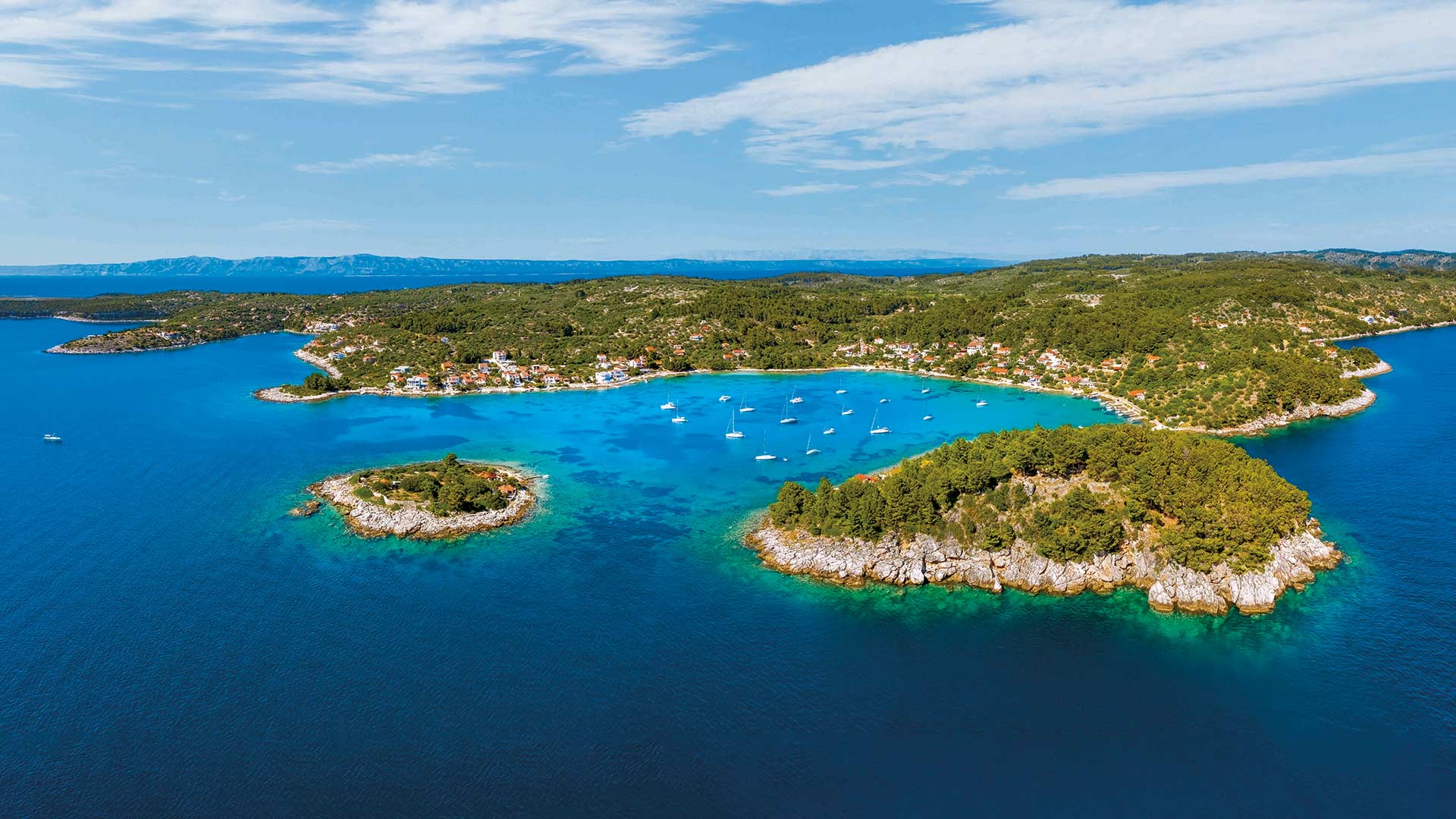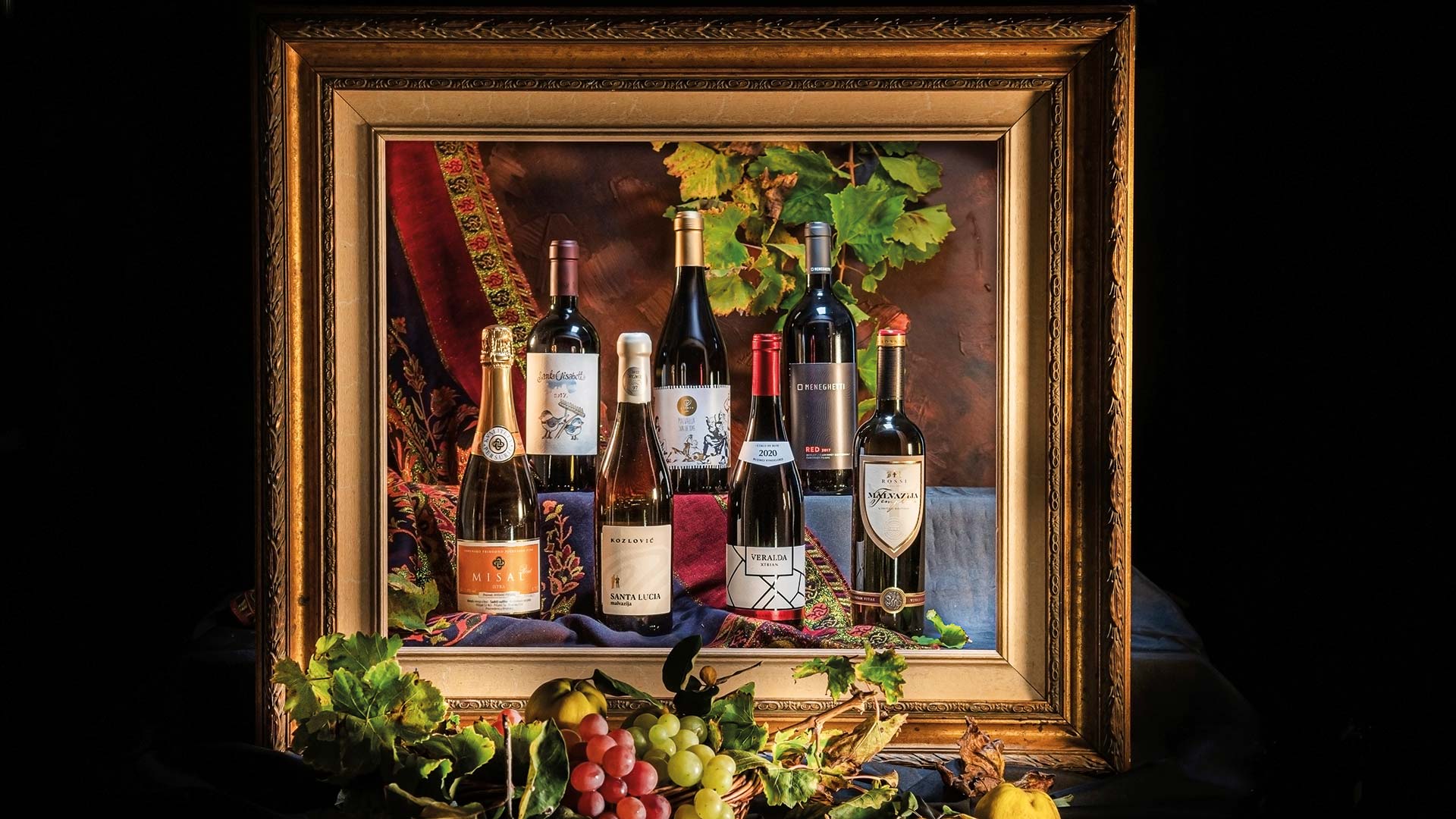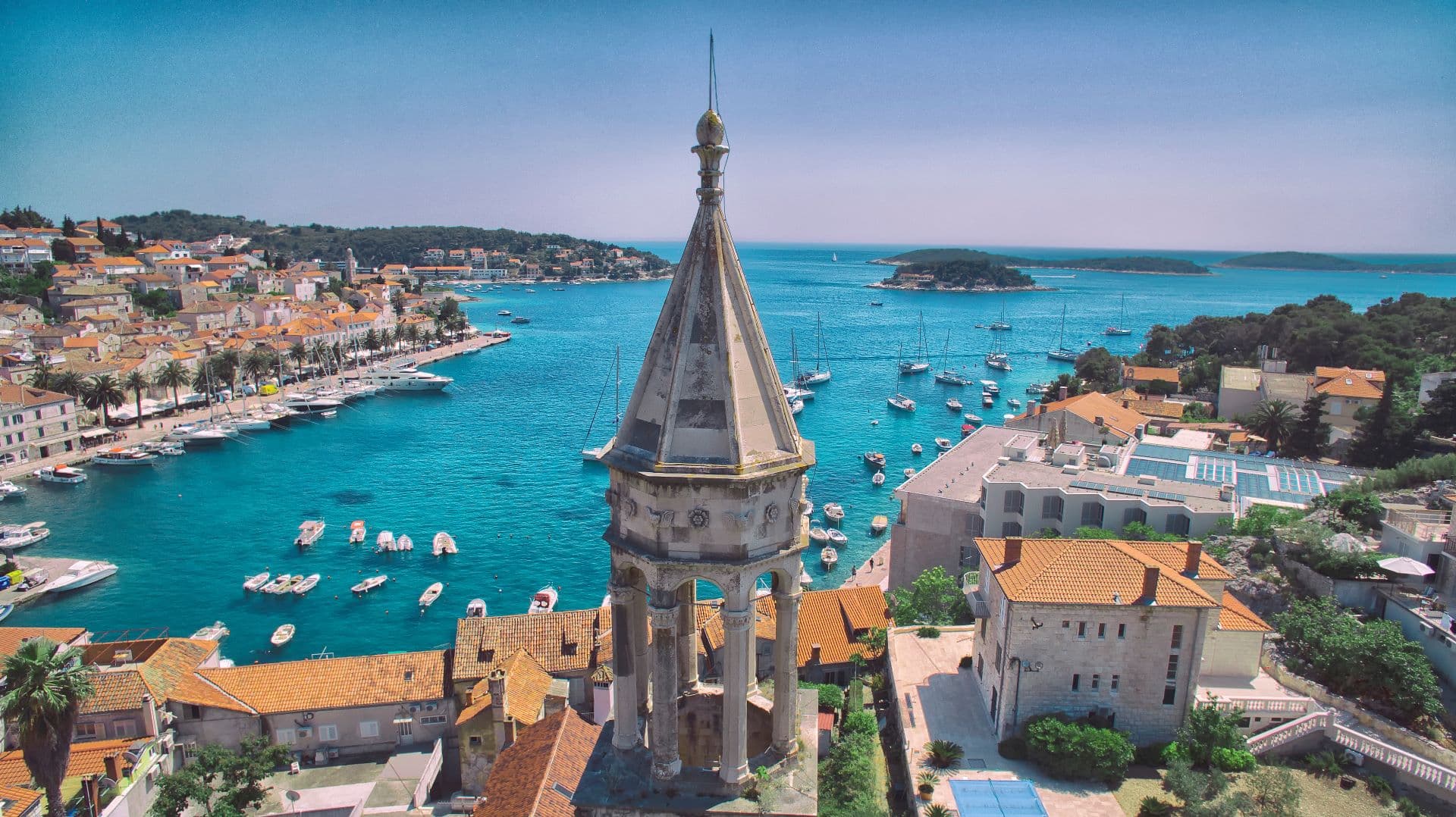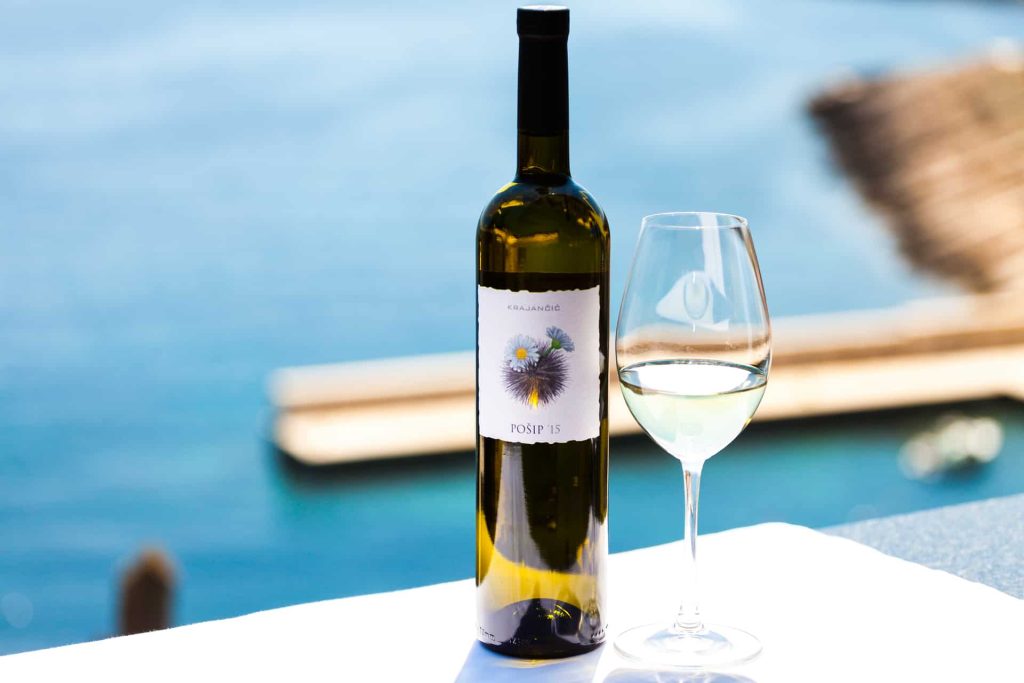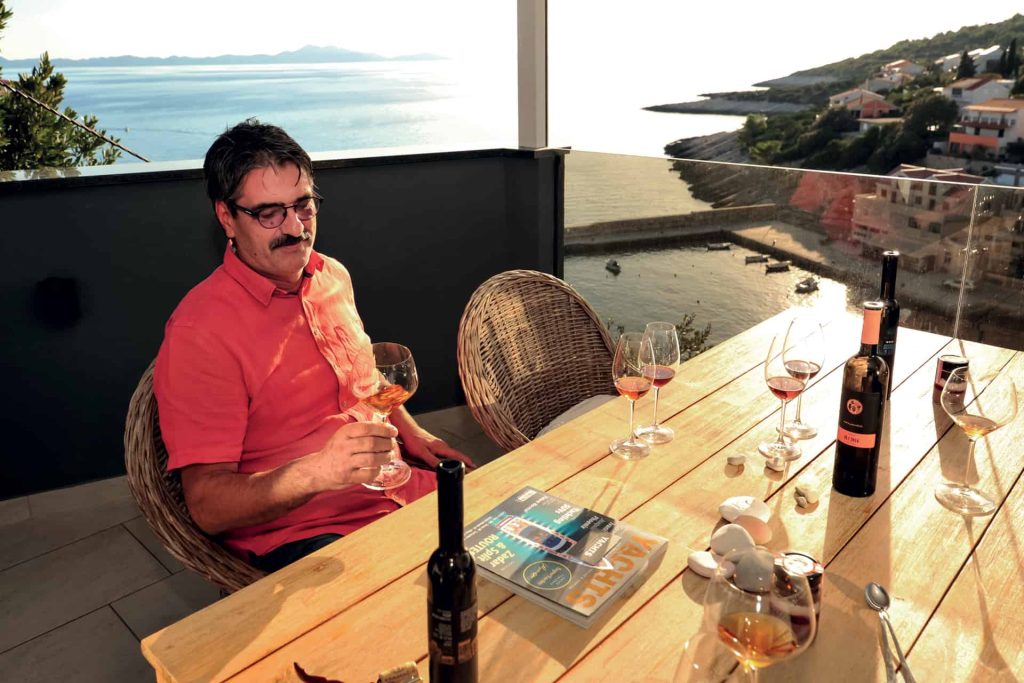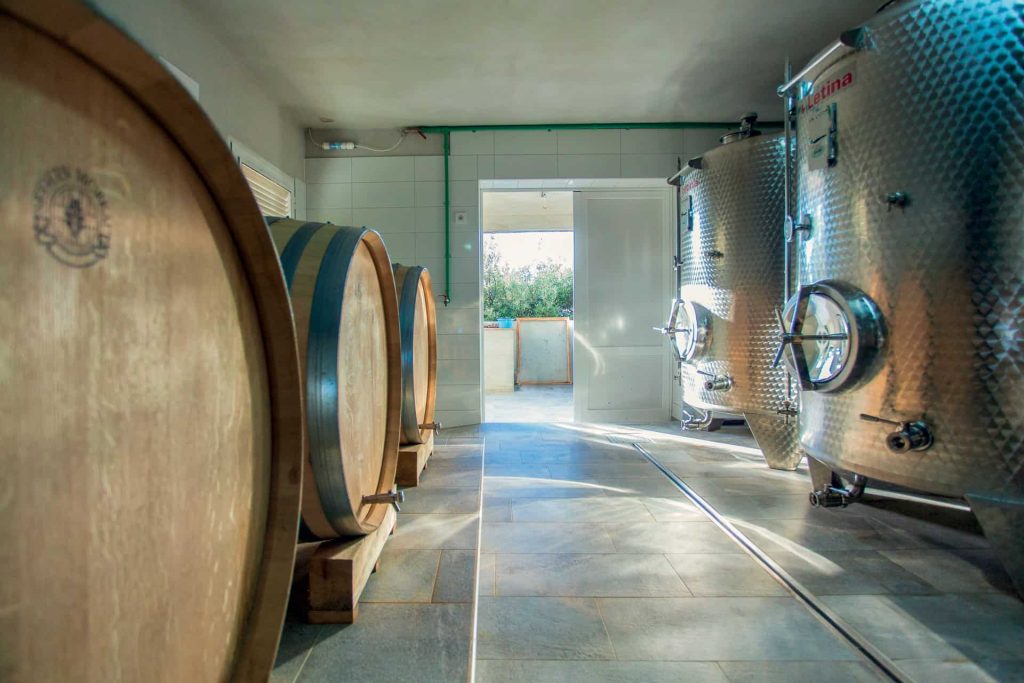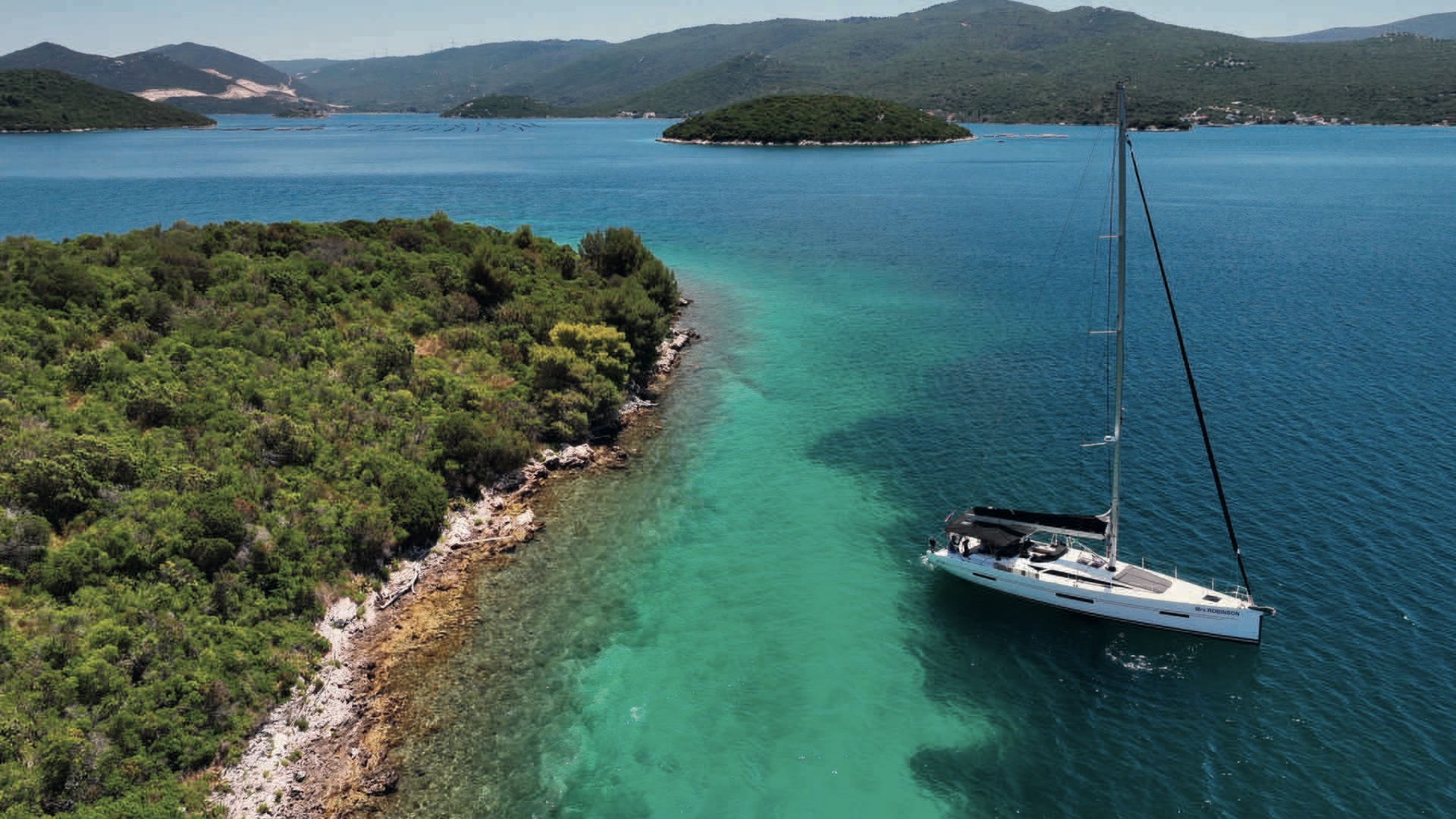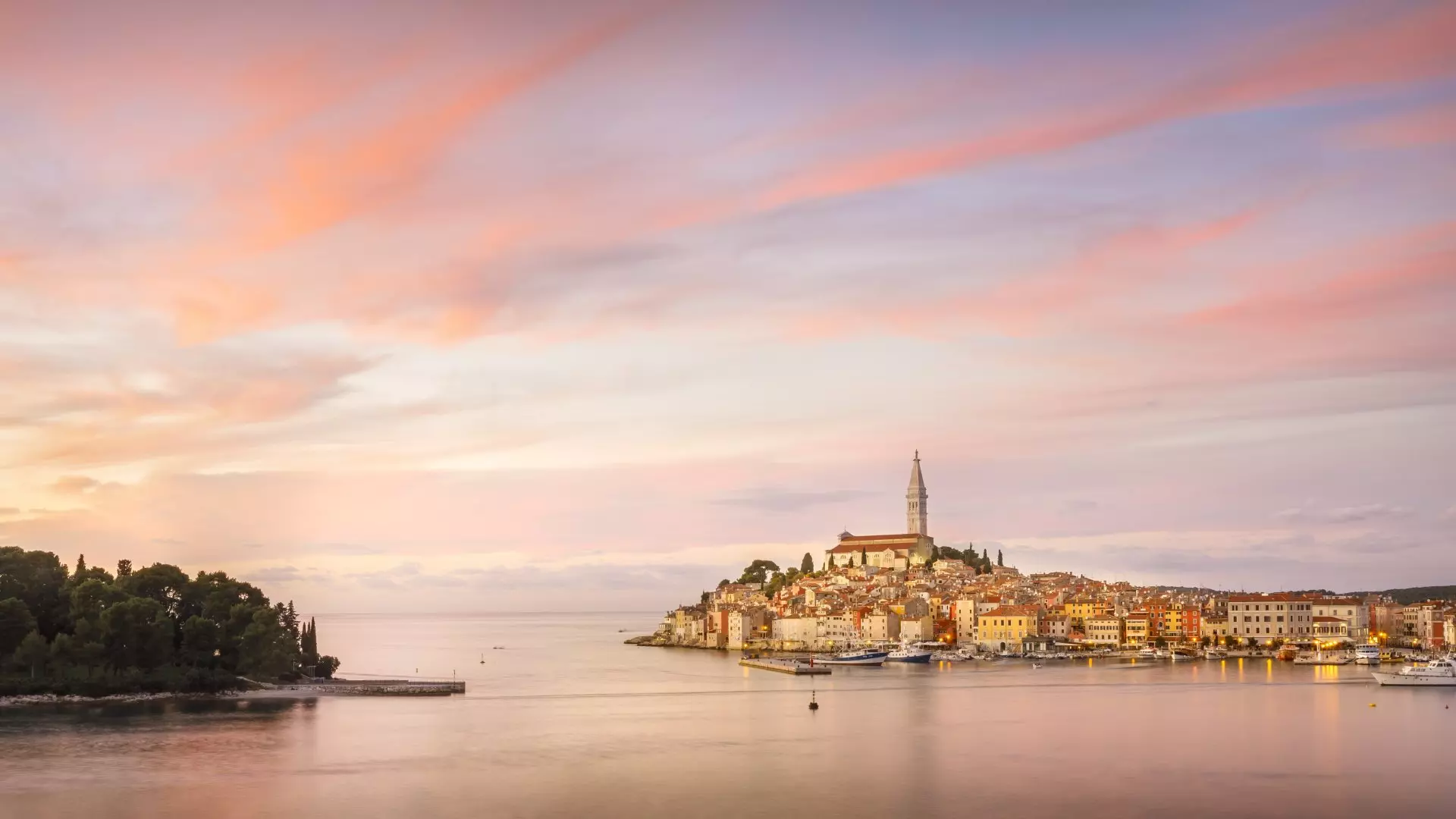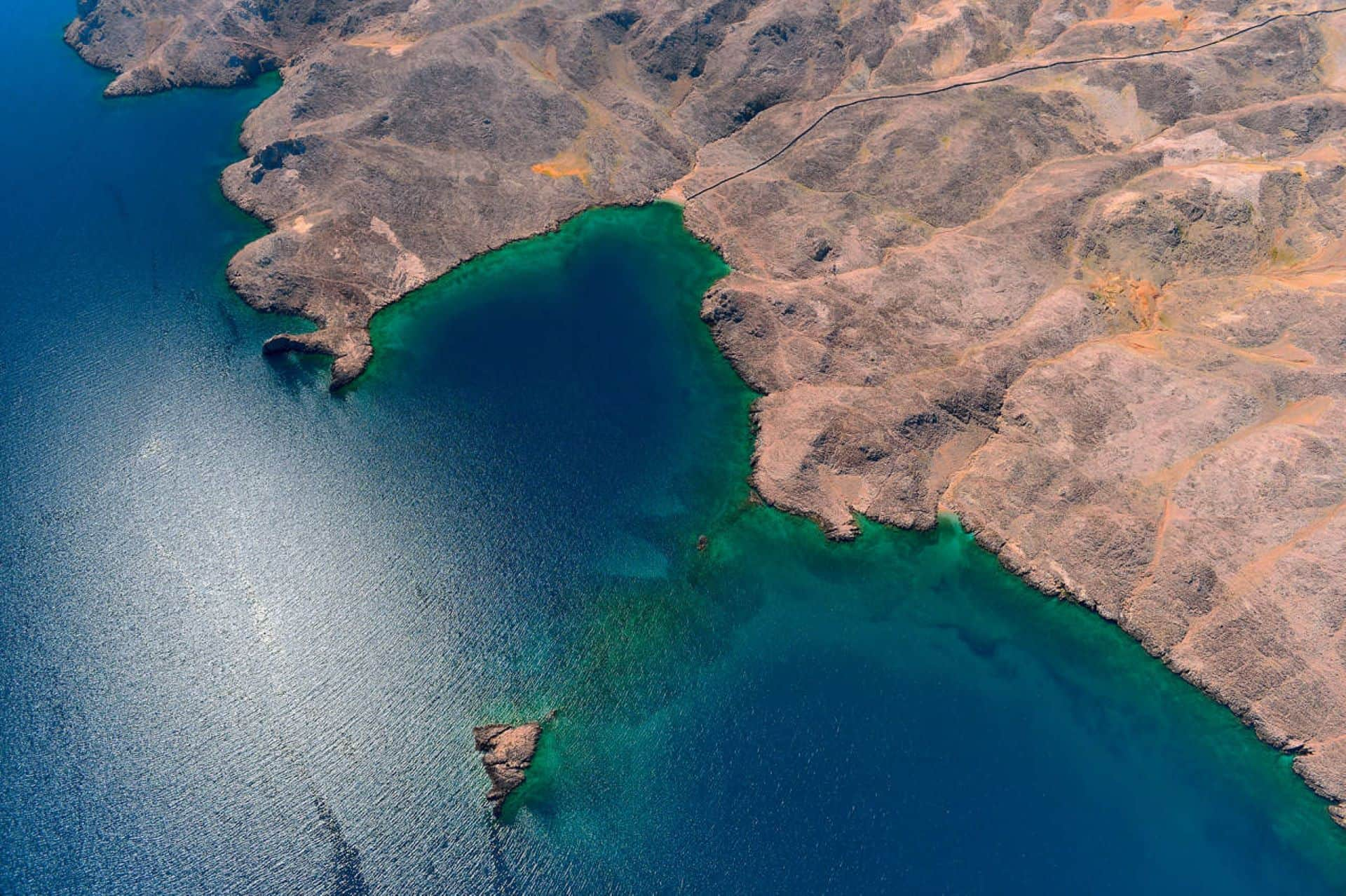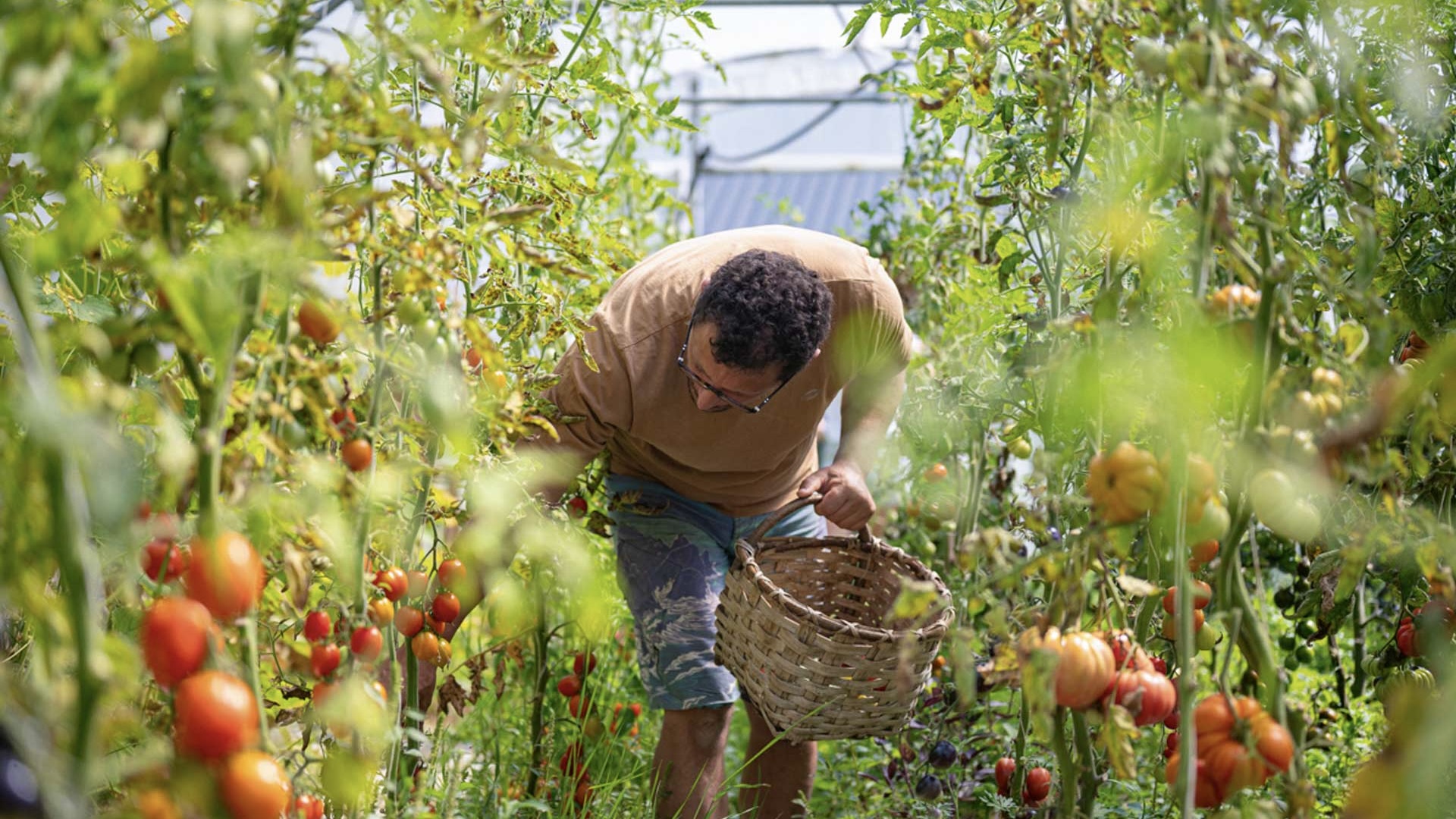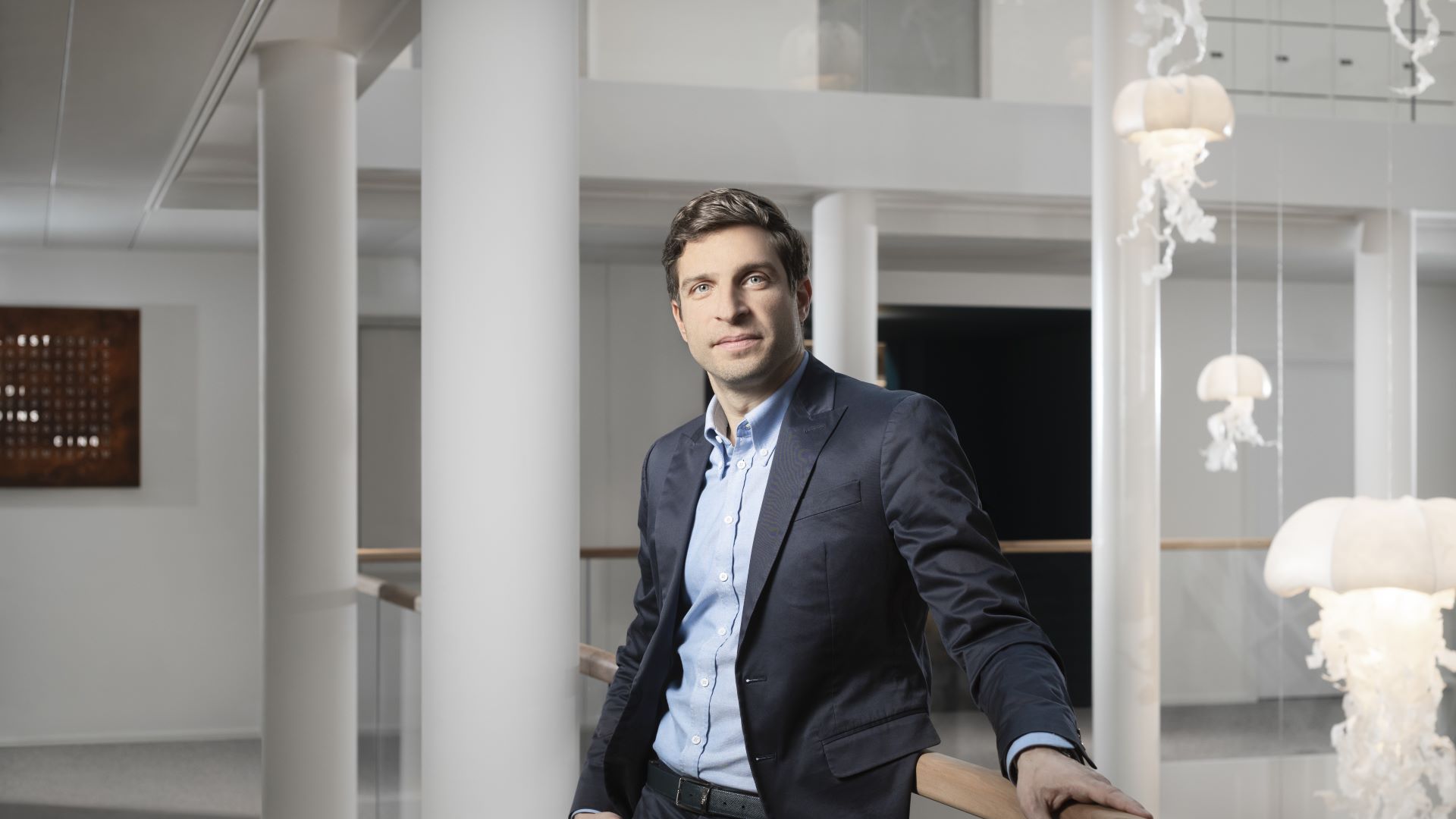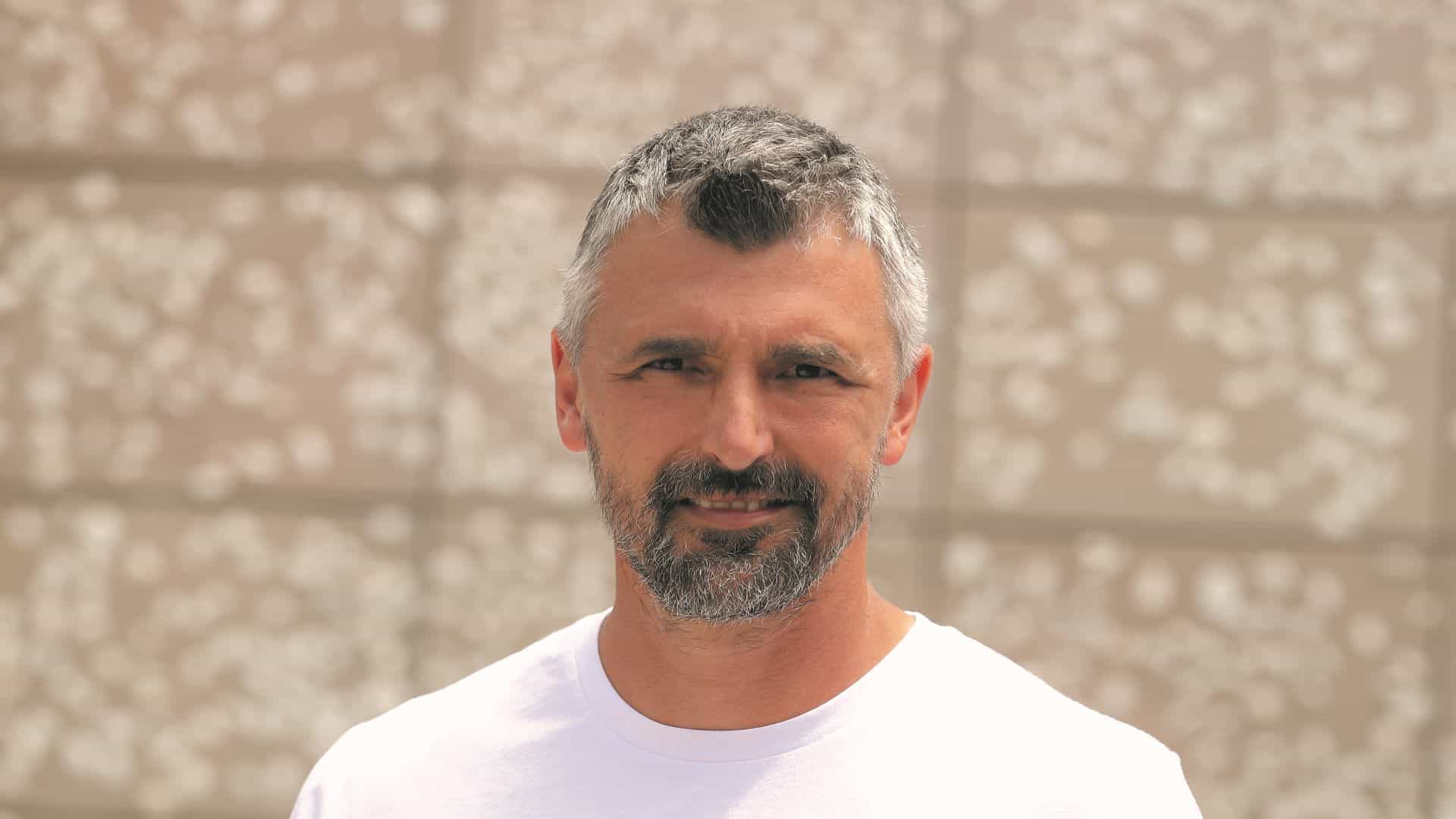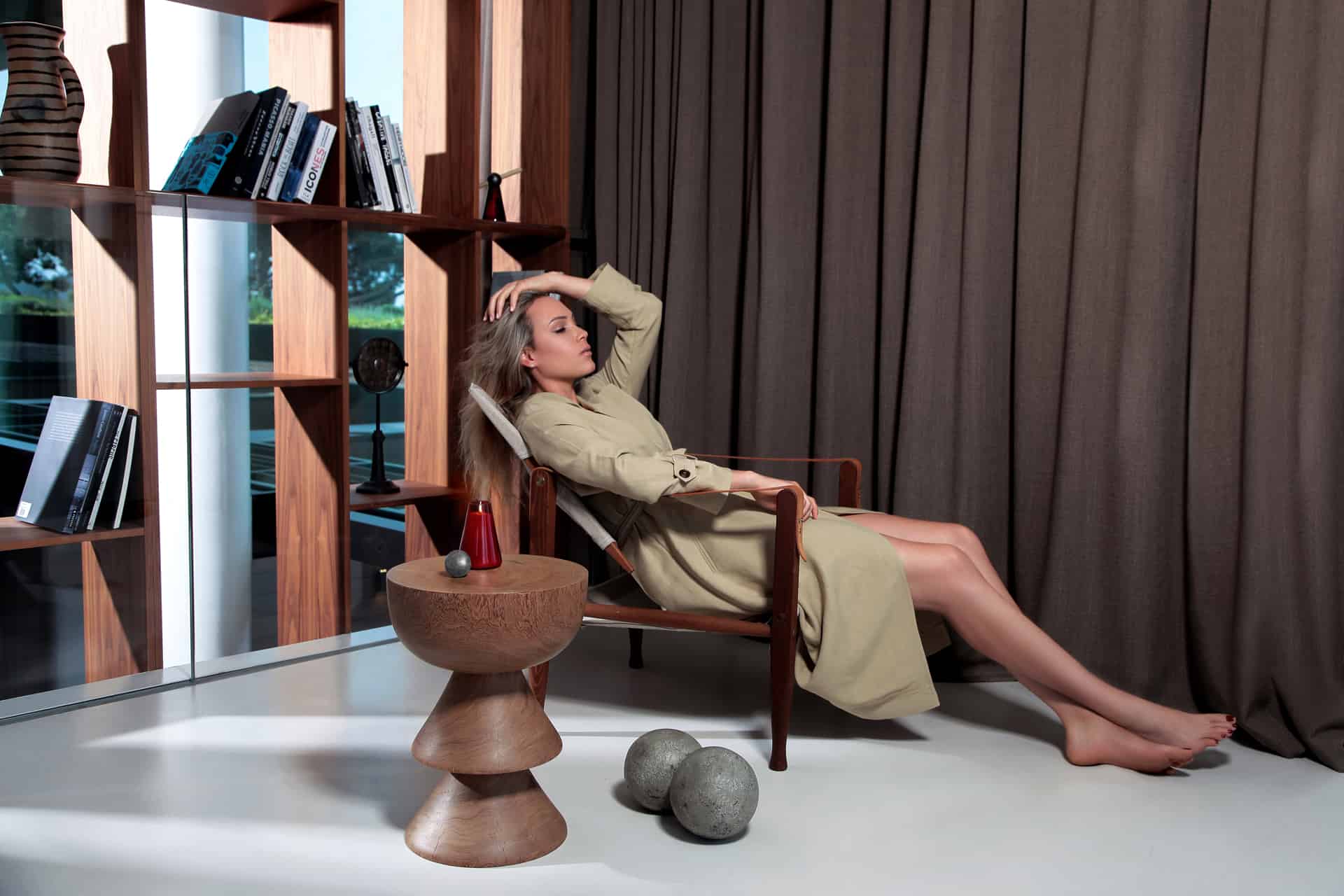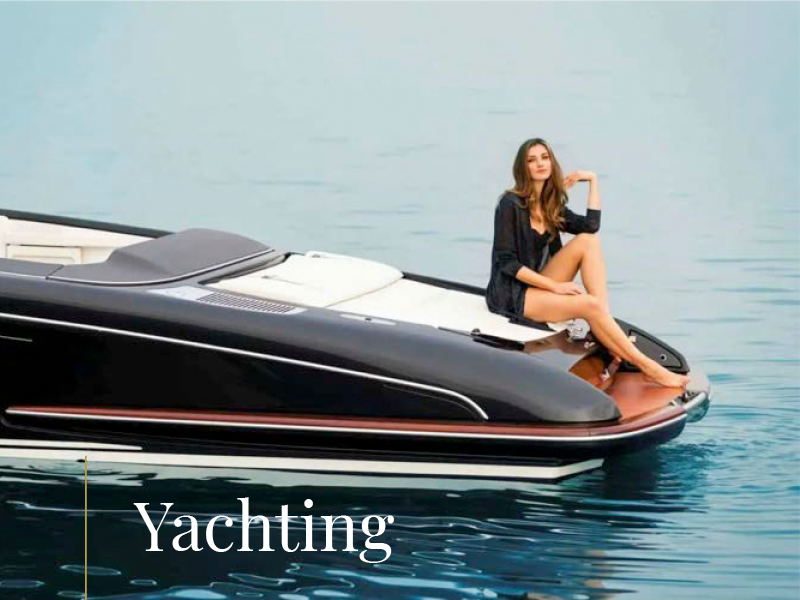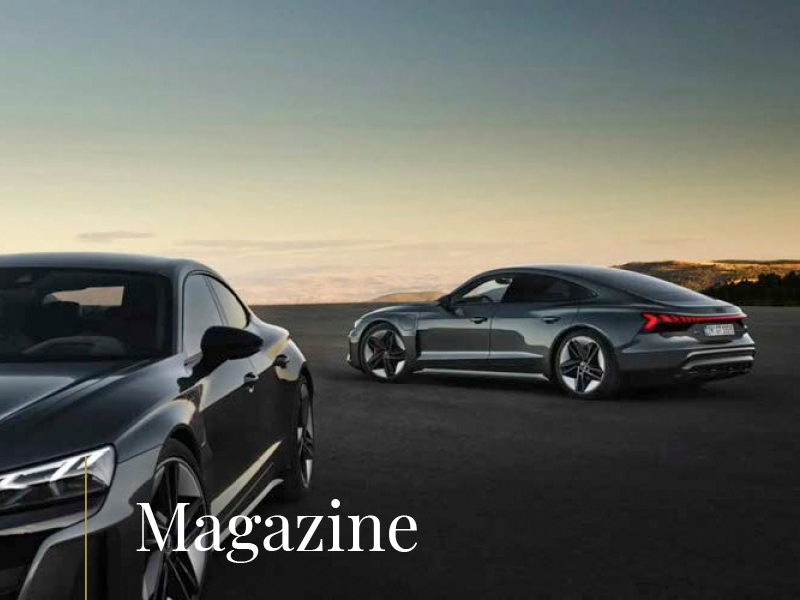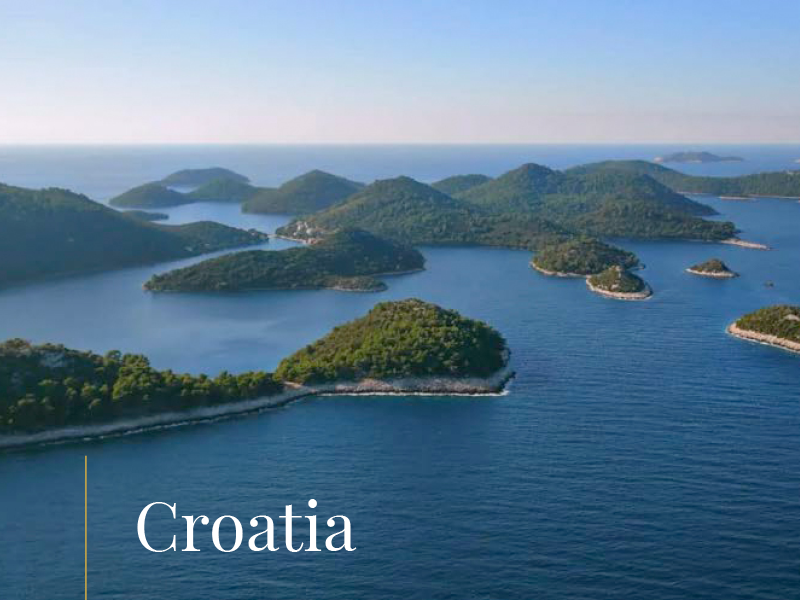Every bottle of wine Luka Krajančić makes is light – but not because it’s deprived of tradition – brimming with clear aromas and flavors of the Black island famous for its white wine
Any wine connoisseur, will immediately connect the name Luka Krajančić with surreal good Pošip wine (like Intrada), but the few true masters will tell you he has fought his way onto the stage with sur-lie wines, putting a new spin on the island he comes from, the grape and his skills. Every bottle of wine Luka Krajančić makes feels light – but not because it’s deprived of tradition – and brimms with clear aromas and flavors of the Black island famous for white wine, as he likes to say. Luka is talented in more ways than one.
His labels are a work of art, with images carefully selected to represent local milestones and icons – the very serious Statut, the very stylish Opera and Moro, but they can also be playful and light like the wine Ježina and Rose. His poetry is a gift he is ready to share with everyone with an appreciative ear. We visited this dedicated poet of wine in his home/tasting room in Zavalatica, where gazing towards the blue and the neighboring island of Mljet we tasted his orange Pošip Opera, Moro and a future Plavac, and had the privilege of discovering the secret of Korčula vines through his eyes. Krajančić winery brings joy to all wine lovers with every new season, and has been since opening in 1993.
Krajančić family has been making Pošip for centuries before that. What does winemaking mean to you?
My job is my family tradition. My family name is already mentioned in the Venetian census in 1538, and already then we were olive-oil producers and winemakers. I remember the day when my grandpa lifted me into a barrel when I was six years old and told me, son, you’re old enough to stomp grape. That was my initiation into winemaking. For me, wine is not an existential need, it’s a philosophy. And our family philosophy is all about positive energy. If we can make something, if we can create a wine, we like and present it to wine lovers, we’ve succeeded in our mission. Wine is deeply ingrained into our way of life here on the island – we’re born into that culture, we celebrate life enjoying wine.
How much does the island mean to you – the scenery, the specific stone walls around the vineyards, the cascading terrain of the hills where grapes are grown?
When you reach a certain age, you realize you need something to define you, but on an island, your choices are limited. Wherever you look, it’s just olives, grapes, stone and the sea. On Korčula, we almost exclusively grow Pošip, our local variety created naturally from two other local varieties, Bratkovina and Zlatarica. The villages of Čara and Smokvica were isolated by chance, when grape phylloxera devastated the grapes – before the epidemic, the island was all under grape, but later, the plants were transfered to valleys for easier processing. It never ceases to amaze me where grapes like to grow: ‘Pavlja luka’ and ‘Žrnovska defora’ on the south side of the island surely are among the most extreme grape-growing locations in the world. There is but one vineyard left there, high in the hills. The village of Račišće is another extreme spot; an unbelievable combination of dry stone walls, hundreds of tones of stone upon which around three hundred plants grow. The climb up there to the top of that vineyard makes you feel like Zeus climbing to Olympus.
Decanter lists Nerica Pošip made by your cousin Jakša Krajančić won the golden medal in 2018. Have winemakers from island set goals higher?
Any world award is an achievement, and local wines have won several. First and foremost, Branko Cebalo, winemaker extraordinaire who set out to make wine before any of us ever did, won IWC gold for his Grk wine in 2019 – and that story went under the radar. Generally speaking, we are an industry of individuals, but as our story continues, I believe we’ll come together. New generations of winemakers are already co-operating, helping each other with progress in mind. Success and awards will flow organically from this trend.
What was it that initially attracted you to the sur-lie method for which Krajančić wines are famous for?
I got the idea for sur-lie just like I got the idea for all my wines. I answered the most important question in the history of our civilization: why not? Back in 2006, I left some sediment in wooden barrels and presented first sur-lie wines – they were almost extremely negatively received, but that only made me want to do better next time. We skipped the process the following year due to drought, but in 2010 we won gold for our Pošip Sur-Lie 2009. It was the first dry white wine to even be given that particular award. After that, many other winemakers have started experimenting with wooden barrels.
I have tasted your macerate wine (48 days) which is extreme. How do you draw that line of good taste?
Macerated wine is all about instincts. There’s a very personal relationship between the maker and such wine, reminiscent of the relationship one has with a woman or God. If you’re not feeling it, it is not it. Every wine has a mission: to provoke the brain, to elicit memories. All those aromas float around in your brain and can take you to a place or a time. Wine can change you, turn you into a better person – or a worse one. That does depend on the person, but it also depends on the wine. Back in 2012 we aged the wine 100 days, in 2019 we aged it 39 days, and now we’re aging it 28 days. Making macerated wine is something basic, and that’s why it’s tricky: you want to make a light wine, a wine that doesn’t contain unpleasant elements and will not tickle the palate or the nose the wrong way. Pošip has a lot of potential for maceration, as does another local variety, Grk. My friend Bire (vinemaker Frano Milina) is experimenting with maceration on Grk, as am I, so in a couple of years we’ll see if it was worth it.
Your daughter Ivana is following in your footsteps?
My daughter has recently graduated agronomy, yes. Winemaking needs fresh energy, a fresh approach – and I’ve decided to let her do her thing. I’ve told my story, and now it’s time for her to come up with her own ways to tickle the palate and the mind. Sometimes I’m asked about who influenced me as a winemaker, and my answer never changes – my grandpa, my father and mother, who spread the love and expected nothing in return, and now my daughter. I’m inspired by people and places, by the notion I’m part of a microcosm that shaped me into what I am. I can be difficult, I can be weird, but it’s who I am. Our maximum output is 50.000 bottles from 6,6 hectares – it’s more than enough. If you’re doing something you love, it’s not work. It’s an extension of my personality, and it makes me complete.
Where is Korčula heading in the decade to come in respect to global climate changes?
It’s obvious the climate change has forever impacted cultures like grape and olive. This year, for example, we were forced to irrigate a small vineyard that never needed extra watering before. It just stopped giving us what we need to make good wine. Climate change seems to occur every ten thousand years and it still remains to be seen how much of it is our fault. Safe to say, this island has seen worse. As for the covid pandemic, at least in my community it has set some things right, it made us see priorities clearly. All we care about at the moment is health, family and small pleasures – like a glass of good wine.
Text Filip Bubalo
Photos Damir Pačić & Mario Zlokić
